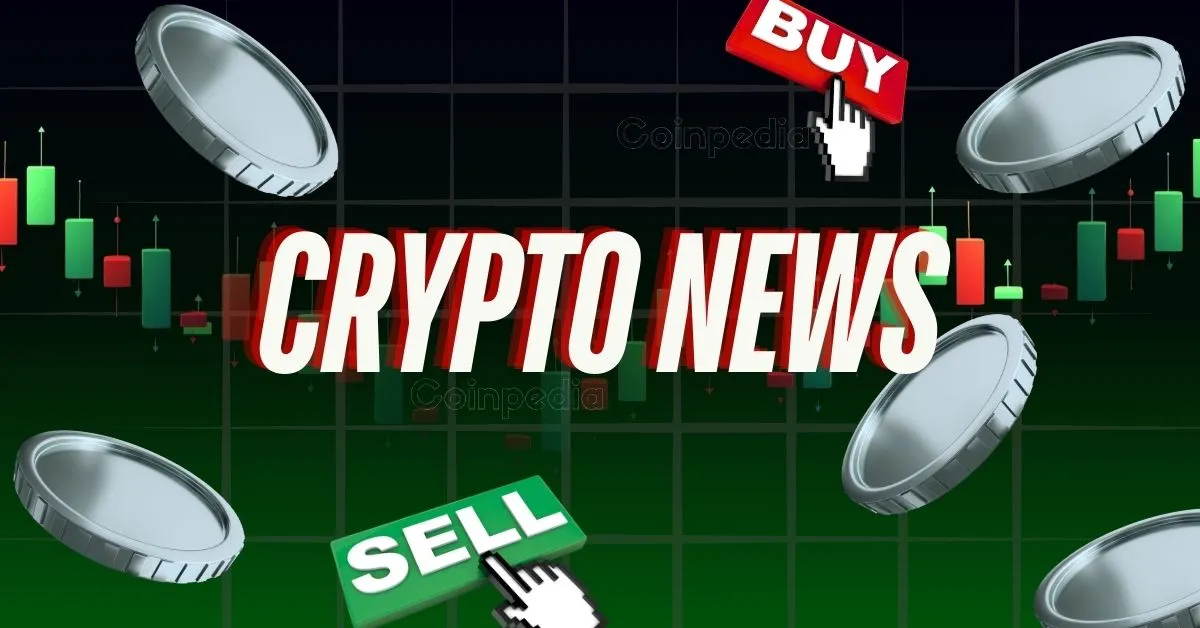
The SEC’s recent appeal of the Ripple case has caused quite a stir in the legal community, with MetaLawMan and several key figures sharing their thoughts on X. The discussion centers on a potential deadline mishap involving two different dates on the SEC’s Form C—October 16 and October 17—raising questions about whether the agency submitted its appeal on time.
We’re here to clear up all the confusion. Continue reading.
The case is getting intense as no one knows what the SEC planning behind the curtains.
Legal commentator MetaLawMan highlighted an inconsistency in the dates on the SEC’s Form C. The document was dated October 16 but had an official court file stamp from October 17. This discrepancy raised doubts about whether the SEC missed a crucial filing deadline. MetaLawMan suggested that the Second Circuit Court would soon address whether this issue could affect the appeal process.
Adding to the drama, journalist Eleanor Terrett reported that she contacted the SEC for clarification. The agency responded that the documents would be “filed publicly soon,” leading to speculation that the appeal might have been submitted earlier but only appeared on the docket a day later.
This explanation has left some observers skeptical, questioning the SEC’s transparency and procedural handling.
Attorney Jeremy Hogan provided further insight into the appeal, explaining that the SEC is challenging Ripple’s sales of XRP on exchanges and its use as a payment method. He noted that the ruling would not change XRP’s classification as a non-security, as that issue remains off the table. According to Hogan, the SEC’s appeal mainly targets financial penalties and compliance measures rather than revisiting XRP’s status.
Hogan also criticized the SEC’s decision to revive claims against Ripple executives Brad Garlinghouse and Chris Larsen for “aiding and abetting” allegations. He called this a “chicken move,” suggesting that the agency lacked the confidence to bring the case before a jury during the original trial but is now attempting to backtrack.
CryptoLaw echoed these sentiments, they highlighted that the SEC originally chose not to pursue a District Court trial involving Garlinghouse and Larsen but now seeks to reintroduce these claims through the appeal process. This move has sparked further debate about the SEC’s overall strategy and its fairness in pursuing the case.
Despite the legal complexities, Hogan emphasized that the appeal is mainly focused on financial aspects. If Ripple loses, it could face additional penalties or compliance requirements. However, XRP’s status as a non-security would remain unaffected regardless of the appeal’s outcome. The SEC’s re-appeal could significantly impact Ripple’s operations, yet it appears to concentrate on the monetary implications rather than altering regulatory classifications.
What do you think? Will the SEC succeed in its appeal? Share your thoughts.
The LINK price has surged with renewed momentum, reacting to a blend of institutional partnerships,…
Story Highlights Binance Coin Price Today is . The BNB price prediction anticipates a potential…
Altcoins are making some major moves as several indicators point toward the long-awaited altcoin season.…
Story Highlights The live price of Ondo Price is Ondo price could reach a high…
Great news for all the memecoin enthusiasts out there. With a sharp breakout from a…
Story Highlights The Ethereum price today is . ETH price with a potential surge could…